Data Platform
Wertvolle Einblicke in Technologieumgebungen
Visualisieren Sie alle IT-Assetdaten für eine fundierte Entscheidungsfindung.
Highlights
Normalisieren und Anreichern als Erfolgsgeheimnis
Reliably manage asset lifecycles
Tackle EOL and EOS effectively
Outdated and unsupported technology assets increase risk and manual effort in the IT estate. Proactively identify assets that need updating, replacement or removal with actionable end-of-life and end-of-support market data. Lower security and compliance risks, decrease support costs and reduce obsolescence.
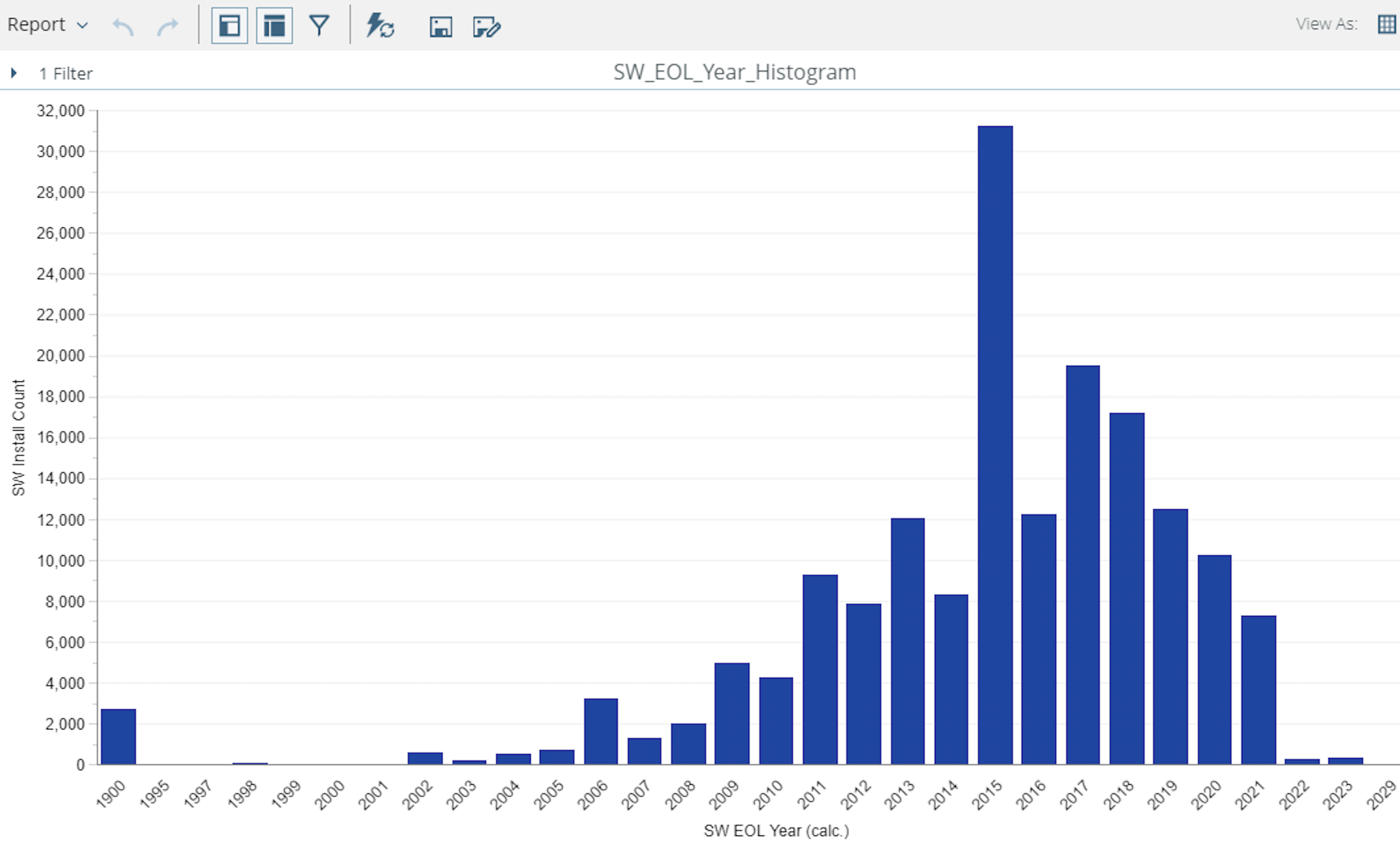
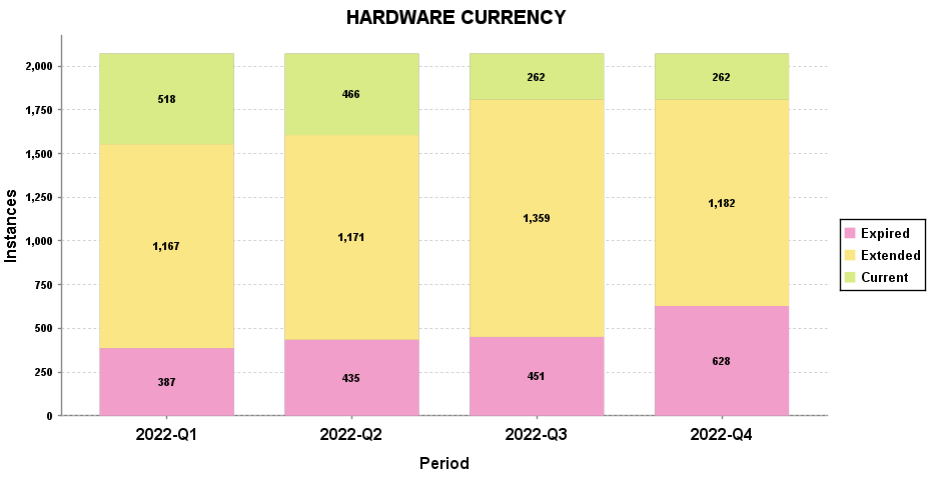
Power strategic decision making
Enable proactive infrastructure planning and maintenance
Projects become complicated, long and frustrating when stakeholders have different—and even conflicting—views of the same technology landscape. Make data-driven decisions about your IT environment with Technopedia, the largest and most complete technology catalog—for enterprise architecture, vendor management initiatives, general maintenance and more.
Reduce vulnerability risk
Stay ahead of vulnerabilities in your environment
Software vulnerabilities affect every organization, and can lead to costly breaches. Quickly understand which products carry the highest risks and leverage threat intelligence to plan mitigation efforts with risk intelligence from the renowned Secunia Research team. Resolve reliability issues and minimize risks to your organization.
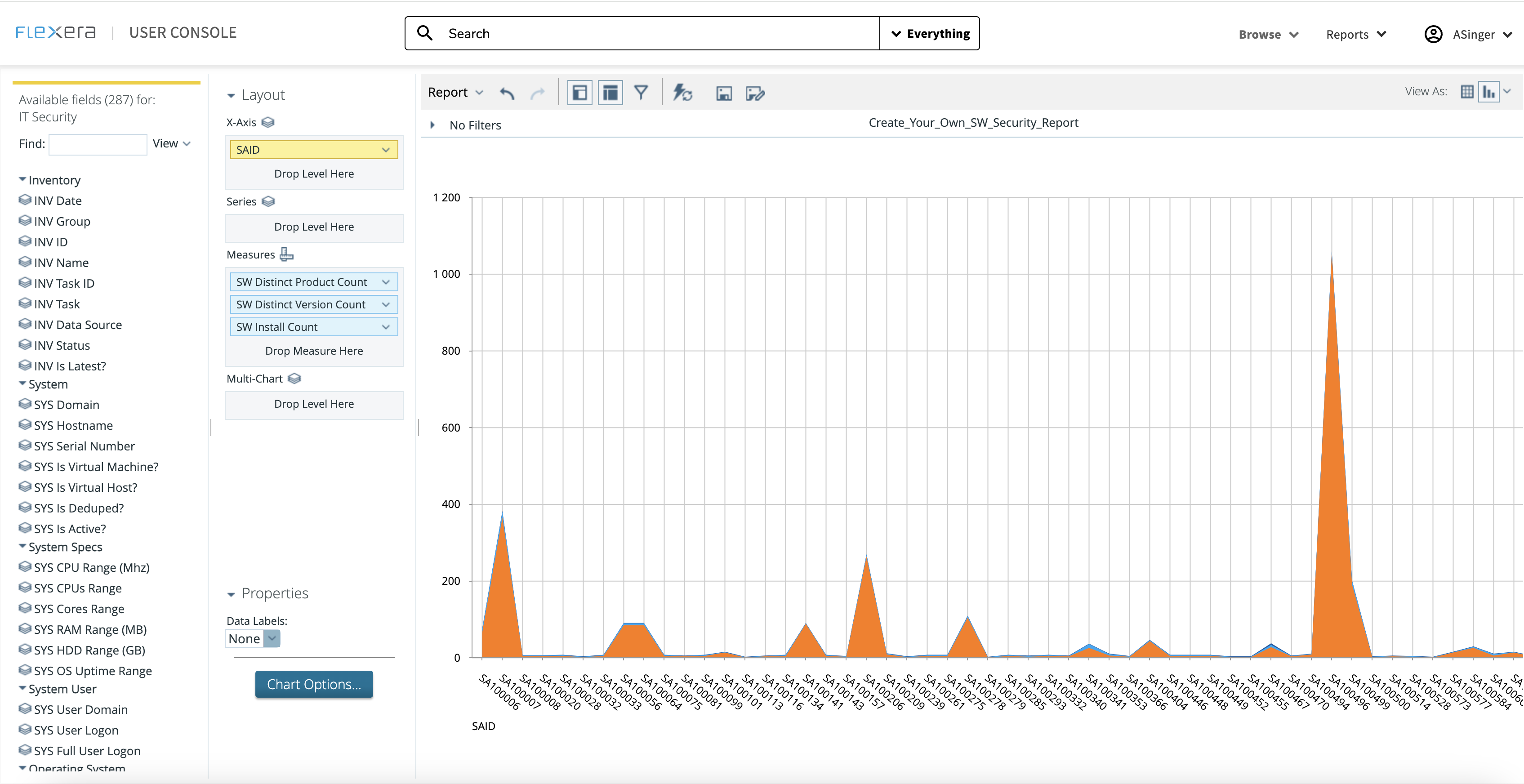
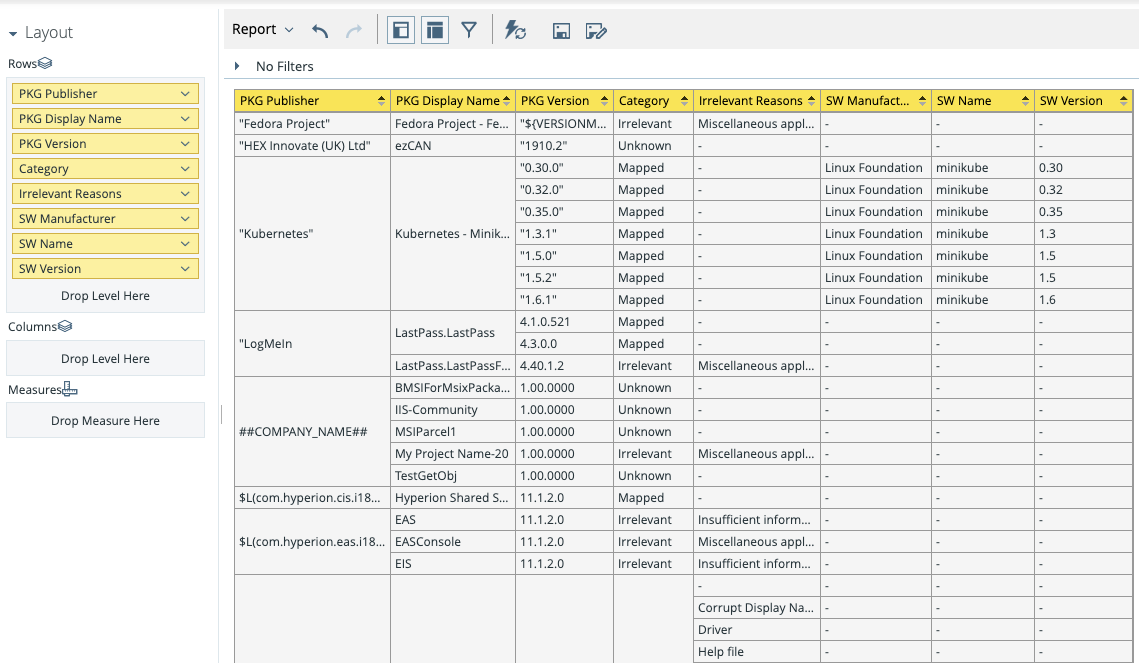
CMDB data quality
Enhance the reliability of your CMDB technology data
Bad CMDB data leads to bad CMDB outcomes. Feed your CMDB solutions with normalized, accurate software and hardware models powered by Technopedia for efficient configuration item creation and maintenance.
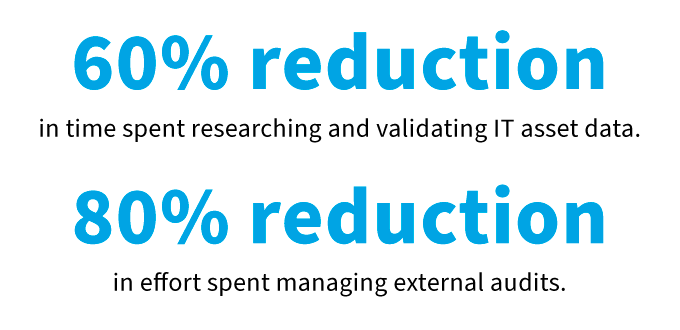
Discover, Normalize and Act
Drive strategic decisions with reliable data
Inconsistent, incomplete, inaccurate, sprawling and outdated information about your hardware and software creates complexity and inefficiency. This siloed view of your IT asset data can also increase the probability of wasted spend, regulatory compliance issues, vendor audits and cybersecurity risks.
Flexera’s Data Platform - powered by Technopedia - discovers, normalizes and augments your technology data to improve intelligent decision making, reduce IT spend and mitigate risk.
Reliable technology information
5+ million standardized hardware and software models
- Create a comprehensive view of your IT asset portfolio with a technology catalog containing 5+ million standardized hardware and software models
- Simplify regulatory requirements and audits with reduced costs and improve efficiency
- Keep your information accurate and reliable with continuously updated market data on lifecycle, open source software and more
- Prioritize software security actions like patch management or application updates with advisories from Secunia Research
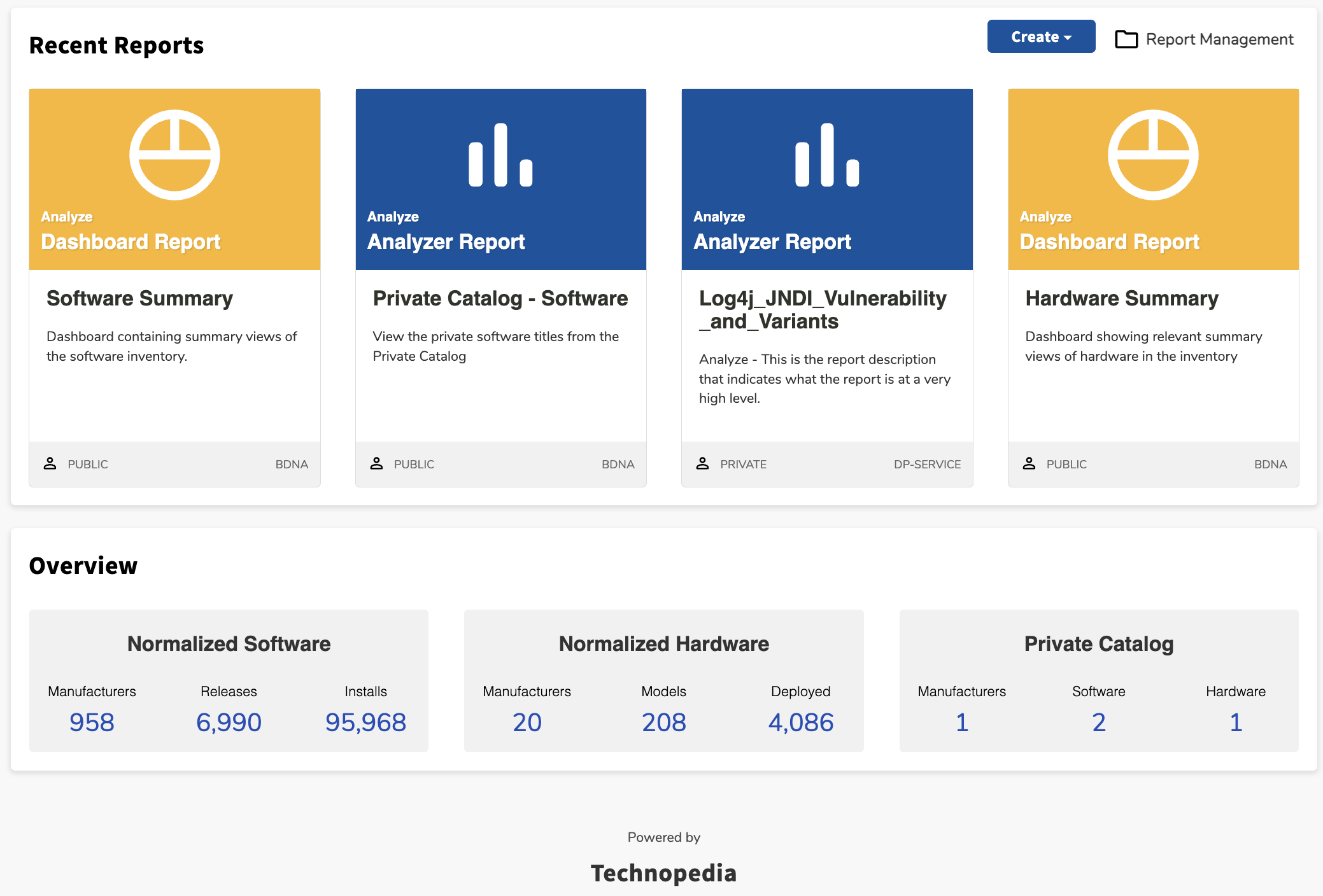
Flexera integrates with your top technology vendors
See All Integrations(With our old process,) there was a lot of repetitive, manual labor involved in looking up the details of the new device, finding the correct model number, and recording all of the relevant information in a uniform format.
Frequently asked questions
Flexera Technopedia is the world’s largest enriched technology catalog, with proprietary data on more than 5 million hardware and software products across 100K+ vendors, enriched with 108K+ security advisories, 5M+ EOL/EOS dates, sustainability insights, and more than 4500 curated updates daily.
A CMDB is a core repository that serves as a data silo in an organization, keeping all the information about the company’s IT environment. This database is purposely built to manage configuration. A CMDB offers you a central place to store data related to your IT infrastructure and configuration assets. Learn more
The main difference between ITAM and CMDB is their purpose–ITAM is designed to monitor the procurement, implementation, maintenance and disposal of your IT assets, while CMDB monitors the characteristics, associations and dependencies of configuration items, giving you a picture of the effect of variations and occurrences across your IT infrastructure. Learn more
While both terms indicate phases where support diminishes for a product, they have distinct meanings:
- End of life (EOL) is the date after which a product will no longer be sold or renewed. However, it might still receive some form of support, such as security patches.
- End of support (EOS) is the date that marks the complete cessation of all support services for the product. After this date, no new patches, updates or fixes will be released, even for critical vulnerabilities.
To learn more, see our glossary.
Inform IT. Transform IT.
Einblicke in die branche. Damit sie stets auf dem neuesten stand sind.
Webinar
Nachhaltigkeit und GreenOps – Umsetzung von Konzepten
Treten Sie Flexera bei, um mehr über die Konzepte der Nachhaltigkeit für Ihre On-Premise- und Cloud-Umgebung zu erfahren und wie datengesteuerte Entscheidungen Ihnen dabei helfen, Maßnahmen zur Messung und Erstellung eines Fahrplans für die Verwaltung Ihrer CO2-Emissionen zu ergreifen.
Englisches Webinar
How to drive business value and establish an award-winning ITAM program
Join former Nike IT executive Jason Patterson to hear critical insights on how to deliver business value and establish an optimized ITAM program.
Webinar
Das sollte dieses Jahr auf jeder IT-Agenda stehen
2020 war nicht nur wegen Covid kein einfaches Jahr. Was wird 2021 wohl bringen? Wenn Sie wissen möchten, was die Top-ITAM-Trends in diesem Jahr sind, haben wir genau das passende Webinar für Sie. Das sollten Sie nicht verpassen!
Case Study
Angereicherte SAM-Daten des Finanzinstituts zahlen sich strategisch aus
Das führende US-amerikanische Finanzinstitut Northern Trust wollte seine IT-Umgebung so gestalten, dass sie mit den geschäftlichen Entscheidungsträgern des Unternehmens zusammenarbeitet. Das Unternehmen entschied sich für die ITAM- und FinOps-Lösungen der Flexera One-Suite, die angereicherte SAM-Daten liefern, um die strategischen Ziele zu erreichen.
Case Study
Bestandsverwaltung mit Bestnoten: optimiertes Assetmanagement an einer Universität in Connecticut
Erfahren Sie hier, wie die Assetmanagementlösungen von Flexera sowohl Hardware- als auch Softwaremanagementprobleme gelöst haben.
Demo
Flexera One Demo
Mit Flexera One können Sie Ihre gesamte IT-Landschaft visualisieren – von On-Premise- über SaaS-Lösungen bis hin zur Cloud. Fordern Sie noch heute eine Demo an.
Gain a complete view
See how Data Platform can improve your asset management

